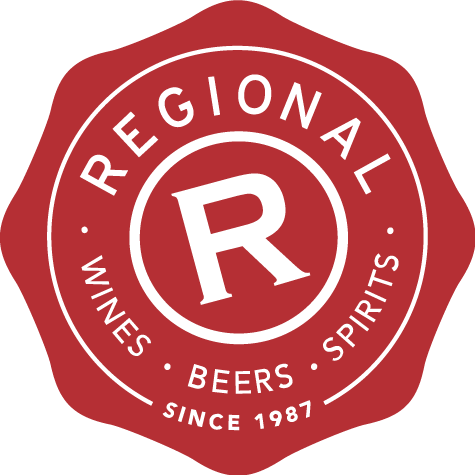
James Millton looks at sweet, salt, sour and astringent (amongst other topics)
James Millton is passionate, you can feel it in the air when he talks, and you can certainly taste it in his wines - wines made with intent, from his organic and biodynamic, roots up kingdom in Gisborne, where nature is in balance and the theme is essentially one of love and gratitude.
James seems to work with a straightforward approach to life - breaking things down into simple components. Sweet, salt, sour and astringent; the four main flavours that drive how he shapes his Riesling, Chenin Blanc Chardonnay and Viognier respectively. This gives these wines a pleasantly distinctive feel when tasted together, from the sweet yet balanced Spätlese styled Riesling (with an unnoticeable 47g/l residual sugar) to the grippy, phenolic umami and sour qualities of the Riverpoint Viognier.
The distinct personalities of these wines also fit happily into a theory of four key personalities we typically encounter in life; sanguin, choleric, melancholic and phlegmatic. Combine this with James’ four vineyards; Opou, Te Arai, Riverpoint and Clos de Ste Anne and you realise James is simply working with the different wine characters that exist in his community, and coaxing the best out of them through an understanding of who they are and how they fit into a bigger picture. This is also a rather clever something for everyone approach to winemaking, which is a sound way of trying to please everyone. We all identify with one of these personality traits, as we identify with either the protagonist, antagonist, confidant or love interest in a film, so in theory, there is a wine for all of us in his portfolio. As James puts it, you’re either a Poo, Piglet, Eeyore or Tigger… it’s a simple as that.
James even applies these principles to how he picks his vineyard team at harvest, with a belief that the general feeling in the team translates heavily into how the wines end up tasting, an extrapolation of the fact that many winemakers often remember vintages by the team that helped pick and make the wine. James even cites studies on how projected emotions have been shown to affect the crystallization patterns in water when frozen, sounds whacky, but we don’t know what we don’t know I guess, and it wasn’t long ago that people scoffed at the application of biodynamics in wine making. Now, it is common in most respected vineyards and practiced by even the most traditional such as DRC and Chateau La Tour.
As we finished on four reds including two Pinots and two Syrahs from the Clos de Ste Anne vineyard, the topic of conversation changed to that of irrigation in NZ wine regions, the carbon cost of winemaking and climate change in general. People have often scoffed at the warmth and humidity of Gisborne from a winemaking perspective, but as James puts it, these are two factors key to life and he uses both elements to his advantage, working with them rather than against them - a reason why his wines are dry farmed and a true reflection of their terroir. Whether it be the application of fungal tea in the canopy, or the active promotion of mycorrhizal fungi at root level, James has learnt there is always a natural way to work with mother nature. Although he’s unsure how climate change will play out, he’s had an each way bet on a few varietals with a view to how they will respond to increased warmth. One thing’s for sure, if anyone has the know how needed to naturally adapt to a changing world - it’s James Millton.
The Millton wines are available at Regional Wines
